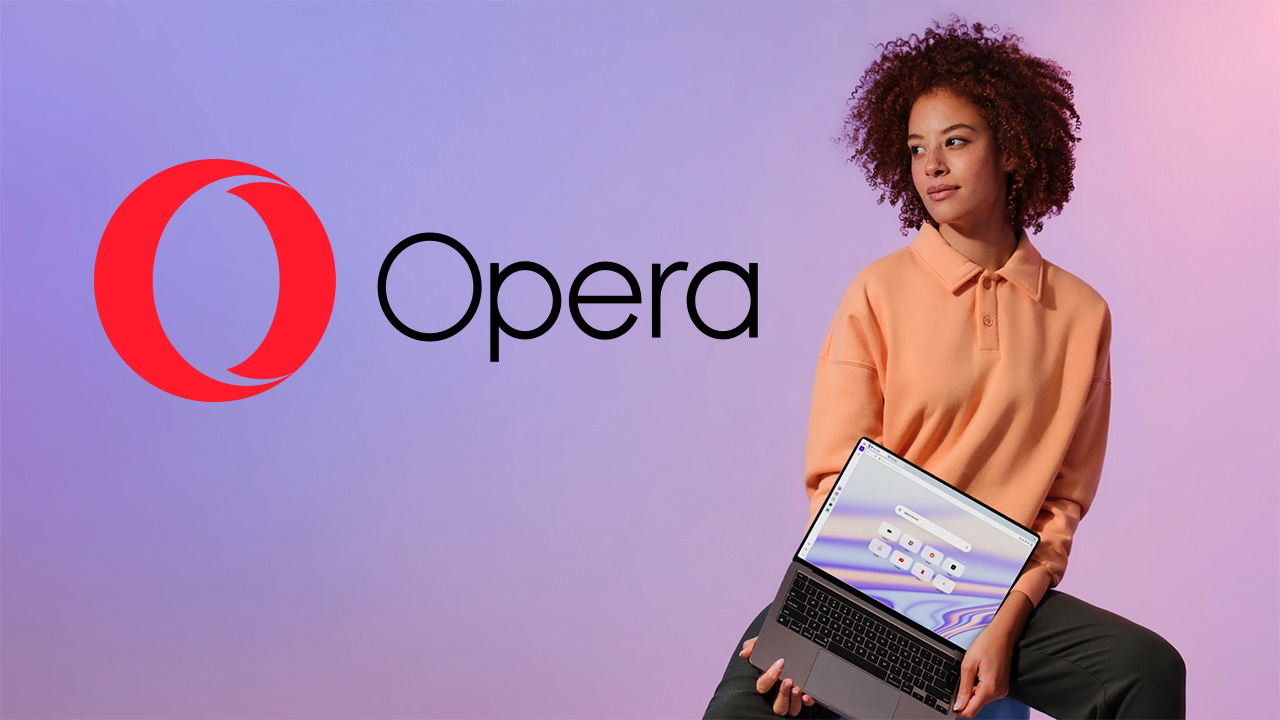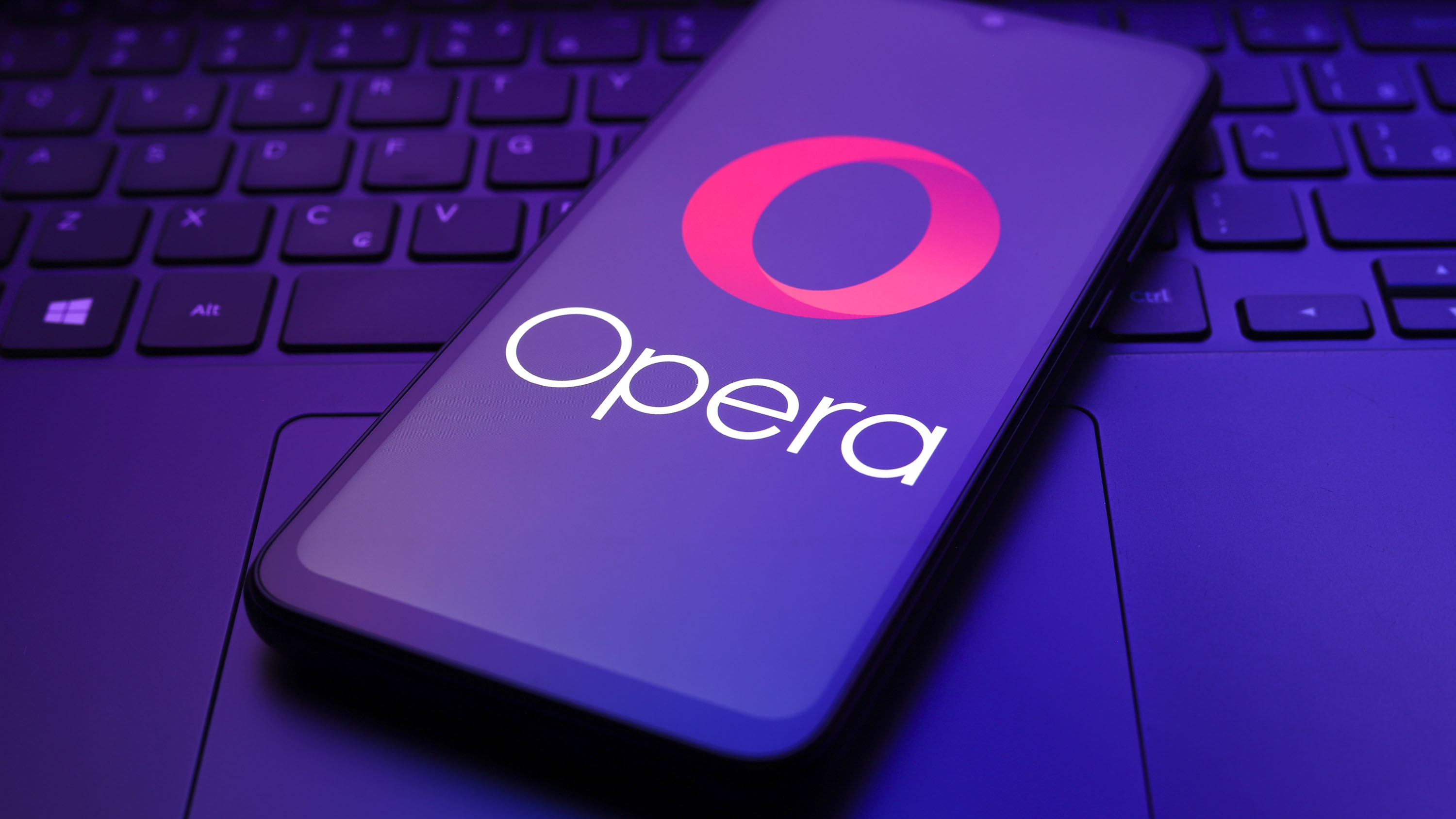Opera throws Microsoft to Brazil's watchdogs for promoting Edge as your default browser — "Microsoft thwarts browser competition at every turn"
Opera has lodged an official complaint against Microsoft in Brazil, citing anticompetitive business practices in Windows that favour Microsoft Edge over other third-party browsers.

All the latest news, reviews, and guides for Windows and Xbox diehards.
You are now subscribed
Your newsletter sign-up was successful
Microsoft is no stranger to controversy, particularly when it comes to anticompetitive business practices. In 2024, new research commissioned by Mozilla suggested that the software giant uses harmful designs and deceptive tactics to push its Edge browser to Windows users.
The damning report further indicated that the company used misleading user interfaces and ads to discourage users from setting any browser other than Microsoft Edge as the default on Windows. Mozilla indicated that this placed third-party browsers like Firefox at a decided competitive disadvantage and called for intervention from regulators to remedy the issue.
As it turns out, Opera shares similar sentiments, but the web browser developer has decided to take the matter into its own hands by filing an official complaint with Brazil’s competition authority (CADE) against Microsoft, citing anticompetitive practices.
Microsoft thwarts browser competition on Windows at every turn. First, browsers like Opera are locked out of important preinstallation opportunities. And then Microsoft frustrates users’ ability to download and use alternative browsers. If a person in Brazil wants to use a browser other than Edge on their Windows machine, they should be allowed to freely do so - without being actively obstructed or discouraged.
Aaron McParlan, General Counsel at Opera
Opera further indicated that the tech giant leverages these anticompetitive business practices to give Microsoft Edge a competitive edge over other platforms, consequently "impeding free and effective consumer choice on PCs."
The complaint also highlights that Microsoft sets its Edge browser as the exclusive pre-installed and default browser across Windows devices and deploys deceptive tactics, which confuse and make it difficult for users to access and use alternative browsers, including:
- Microsoft deploys obtrusive banners and messages discouraging users from downloading alternative browsers at the very moment they are searching for those browsers on Edge.
- Microsoft ignores users’ default choices in critical moments, such as opening PDFs, accessing links in emails, and using the Windows Search bar, opening Edge instead.
Opera says these tactics are harmful for the digital marketplace, prompting the company to brand them as unjustified and frustrating to users. Perhaps more concerning, the company indicated that these deceptive ploys and dark patterns are only getting more severe despite lodged complaints.
What does Opera want from Microsoft?
Opera's formal complaint to CADE about Microsoft's anticompetitive business practices is part of its broader mission to "guarantee consumers the fundamental right to choose their browser and for that choice to be respected." To that end, Opera hopes to reach a common ground that bolsters healthy competition in Microsoft's dominant Windows landscape through the following remedies:
All the latest news, reviews, and guides for Windows and Xbox diehards.
- Stop preventing PC manufacturers from preloading alternative browsers and setting them as default and requiring OEMs to deliver S mode devices as a condition for rebates on a Windows OS license;
- Stop blocking consumers from easily and freely downloading and setting third-party browsers as default for browser entry points across Windows and stop ignoring or overriding these default selections;
- Cease, and refrain from implementing, any dark patterns that push users towardsEdge; and
- Ensure that users have a real, concrete opportunity to choose their preferred browser, through a user-friendly browser choice screen that includes the main available PC browsers.
As you may know, a handful of Microsoft services, including Bing, Windows, LinkedIn, and Edge, were listed as "gatekeeper services" in 2024 by the EU Commission. The company was given 6 months to comply with the DMA (Digital Markets Act) or risk attracting hefty fines and penalties.
Microsoft argued that Edge and Bing hadn't hit the threshold to be considered. The commission investigated the matter and concluded that the services weren't dominant enough in digital markets, prompting it to exempt them from DMA regulation.
However, Opera's complaint against Microsoft in the EU Courts could potentially lead to the designation of Edge as a gatekeeper service under the DMA. In June, Microsoft announced several measures it was making to make Windows 11 compliant with the DMA, including reducing its insistence on its first-party apps and services like Microsoft Edge.

Kevin Okemwa is a seasoned tech journalist based in Nairobi, Kenya with lots of experience covering the latest trends and developments in the industry at Windows Central. With a passion for innovation and a keen eye for detail, he has written for leading publications such as OnMSFT, MakeUseOf, and Windows Report, providing insightful analysis and breaking news on everything revolving around the Microsoft ecosystem. While AFK and not busy following the ever-emerging trends in tech, you can find him exploring the world or listening to music.
You must confirm your public display name before commenting
Please logout and then login again, you will then be prompted to enter your display name.

